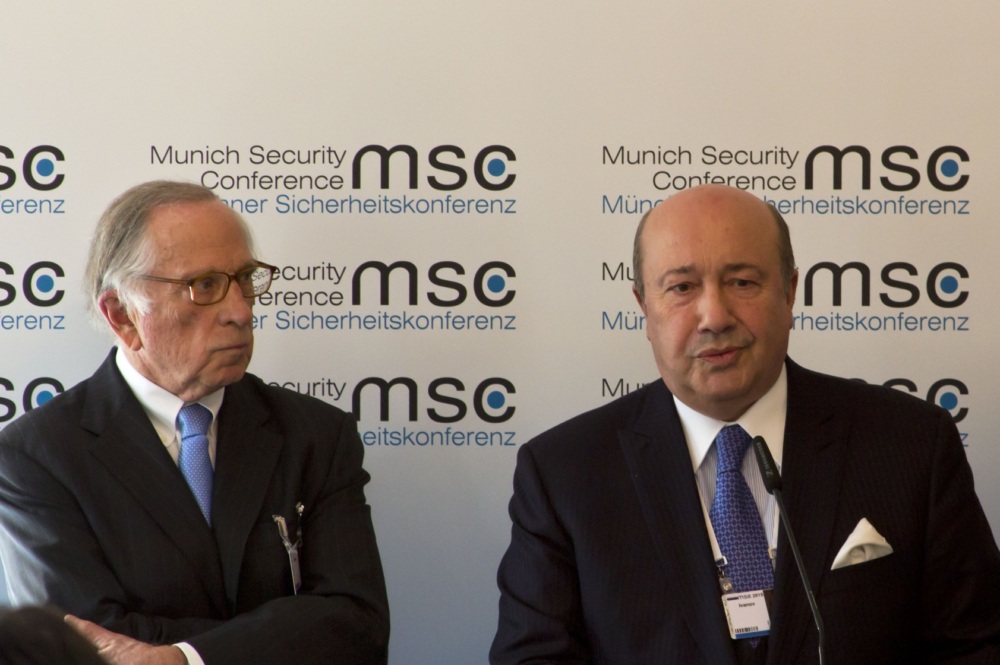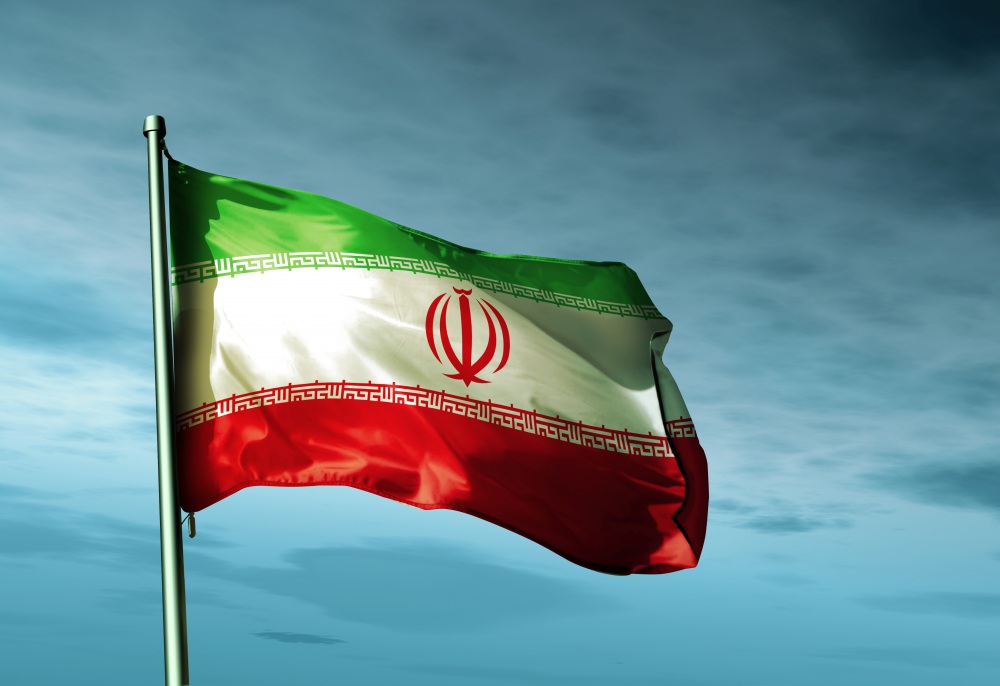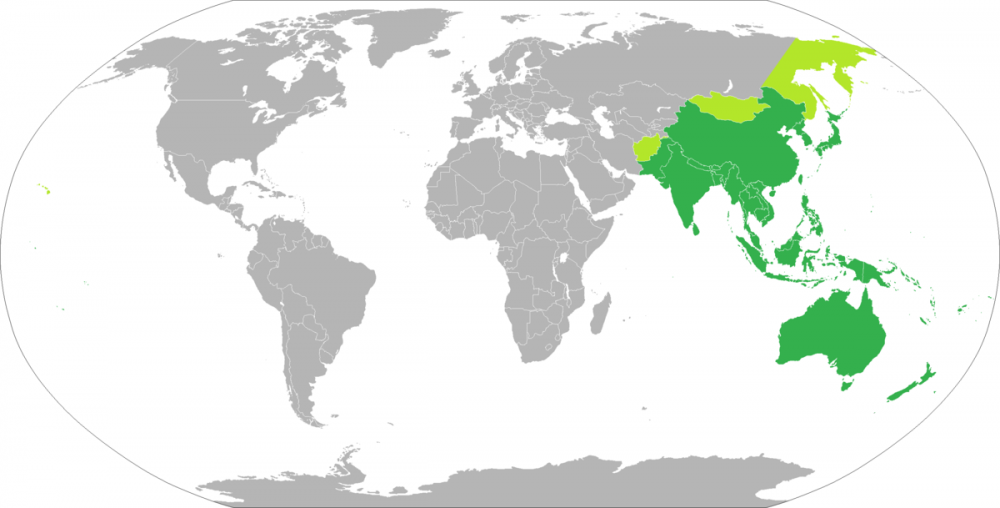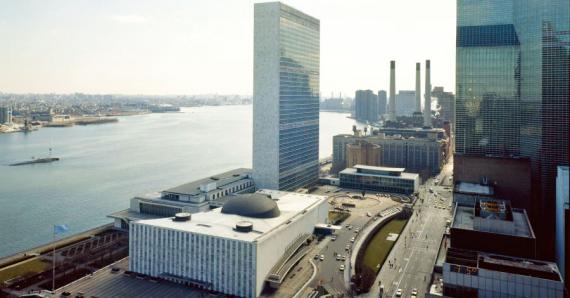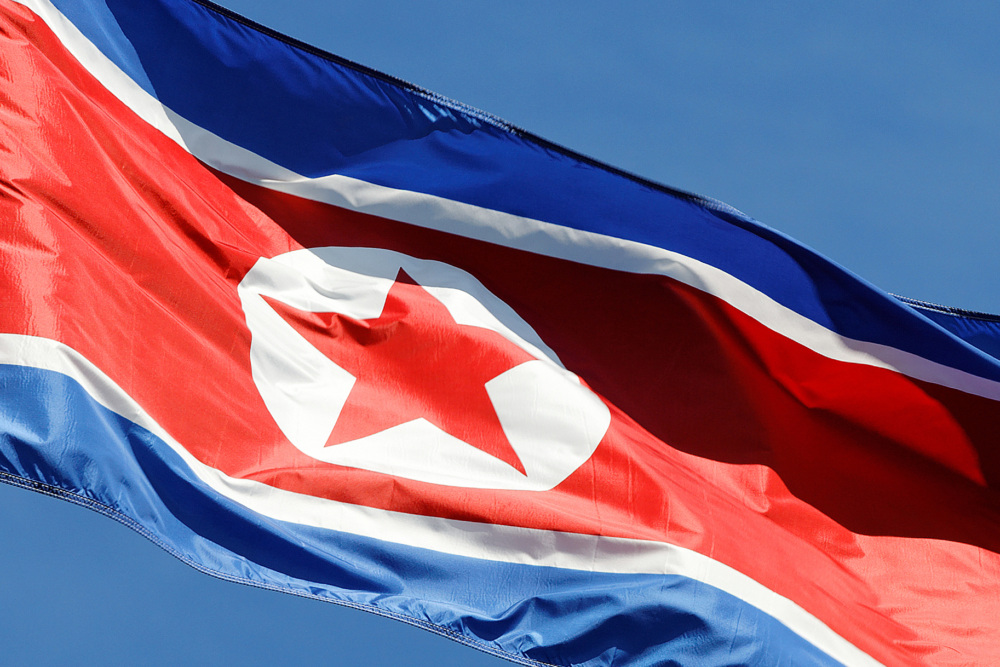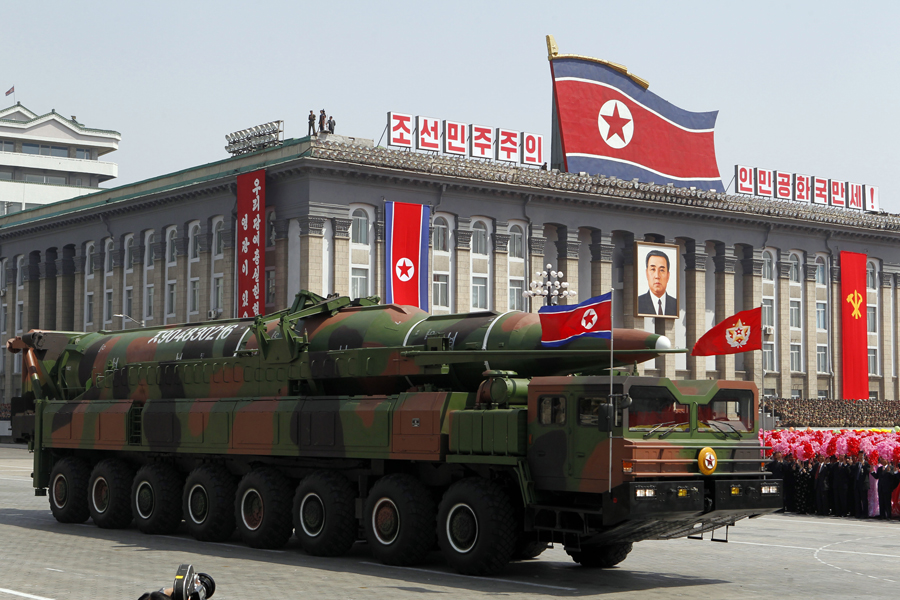
Steve Andreasen
National Security Consultant
Political leaders and citizens lack awareness and agency to address nuclear threats.
Support regional networks of diverse leaders focused on generating dialogue, political action, and public outreach on nuclear risks.
Hundreds of leaders around the world are shaping debates, spurring action, and defining narratives about nuclear risks in their regions and on international platforms.
NTI is the founding sponsor of regional networks dedicated to generating global momentum for reducing reliance on nuclear weapons and mitigating the risks they pose: the Asia-Pacific Leadership Network (APLN), the European Leadership Network (ELN), the Younger Generation Leadership Network (YGLN), and the Latin American and Caribbean Leadership Network (LALN). These networks consist of hundreds of leaders and highly respected experts. They provide important platforms to raise awareness of nuclear dangers and work to provide practical real-world solutions to political and security challenges by:
These activities help politicians, publics, and journalists better understand nuclear issues, which in turn improves the quality of debate on nuclear issues in parliaments and civil society and creates a more supportive climate for governments to address urgent nuclear dangers.
More information about the regional networks:
The APLN is a network of over 110 political, military, and diplomatic leaders from countries across the Asia-Pacific tackling security and defense challenges with a particular focus on addressing and eliminating nuclear weapons risks. Dr. Marty Natelegawa, former Foreign Minister of Indonesia, is the board chair. Ms. Shata Shetty serves as executive director with a small team spread across the region.
The ELN is an independent non-partisan, non-profit organization based in London with a high-level network of over 300 serving, former, and future leaders from across Europe. The ELN works to provide practical solutions to political and security challenges. The network is chaired by former UK Secretary of Defense, Des Browne. Sir Adam Thomson serves as director.
The YGLN is composed of 90 members in their early careers who are rising stars and specialists in security policy, economics, journalism, law, and civil society. The YGLN was created in 2014 to bridge the divide between Russia and the West and establish a platform for understanding and dialogue. The YGLN secretariat is managed as a network under the ELN.
The LALN is comprised of 16 former political and diplomatic leaders from across the Latin American and Caribbean region who seek to promote policies that improve regional and global security. The network is run by Irma Arguello. The NPSGlobal Foundation in Buenos Aires serves as secretariat for the LALN.
The APLN statement warns that unilateral actions by the United States could jeopardize the agreement, causing potential repurcussions in the Asia Pacific region.
A two-part Asia Pacific Leadership Network study examines the governance architecture of the Asia-Pacific for the peaceful uses of nuclear energy.
Statement on the UN Nuclear Ban Treaty by the Co-conveners of the Asia-Pacific Leadership Network.
Members of the Asia-Pacific Leadership Network (APLN) and the European Leadership Network (ELN) weigh the merits of adopting a nuclear No First Use policy.
Asia-Pacific Leadership Network Co-Convenors denounce North Korea following its latest nuclear test and call for increased diplomatic efforts to prevent an escalating arms race.
APLN co-conveners Chung-in Moon and Ramesh Thakur released a statement deploring the 4th North Korean nuclear and ballistic missile test by North Korea.
